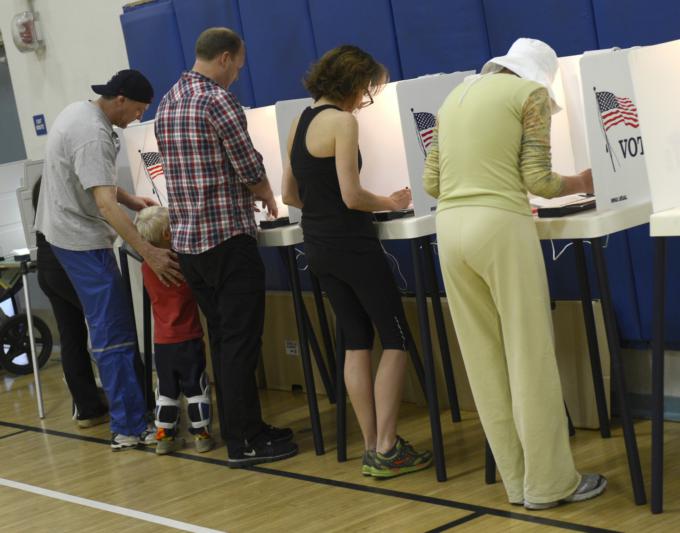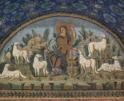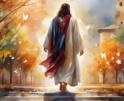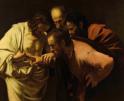
Faith
When I vote my conscience on Nov. 8, I'm going to do so as a free exercise of my religion. I encourage all the disciples of Jesus Christ to do the same.

Wolfe
I love politics. But maybe not so much this year. That's because it's almost impossible to support any of this year's candidates wholeheartedly. The best I can do is to vote my conscience knowing that people I love, care about, and respect will do the same, but very possibly vote for someone other than I do -- or decide not to vote at all.
As distasteful as this presidential race has been, though, I know it will end soon. What I'm more concerned about is what is happening to the right to live according to our consciences, especially if they have been formed by religious faith. Think that can't happen here? Think again. The rights we have blindly enjoyed in the United States are being eroded. Perhaps more accurately, we are being duped accepting impoverished substitutes for what we have inherited from our country's wise founders.
Here's what I mean. The very first right recognized in the Bill of Rights is the free exercise of religion. "Congress shall make no law respecting an establishment of religion, or prohibiting the free exercise thereof." Notice that this is not the "freedom of worship" we've all been hearing about lately. Praying the way we please to whom we please is not what our Constitution guarantees us. As Americans, we are free to cast our votes according to our conscience because we are free to live our entire lives, publicly and privately, according to what we believe. Anything else is necessarily something less.
Interestingly, freedom of speech and of the press, the right to gather peacefully, and even to seek a redress of grievances from the government come after -- and not before -- the free exercise of religion. I think that's because all of these other rights are simply the public expression of the beliefs we choose to hold. Our consciences, and how we form them, give us something to express. Whether religion is part of our lives or not, what we have to say, write about, share with others, and fight for, flows from the inner sanctuary of our hearts.
Beliefs are attached to the people who hold them. If a particular faith is unwelcome in the public square, so are the citizens who live according to it. If they accept the poor substitute of "free worship," they will eventually lose the right to practice their faith openly. And what happens then? Apostasy. Let's face reality: once people are pushed into the margins of society, it's hard to remain faithful.
When I vote my conscience on Nov. 8, I'm going to do so as a free exercise of my religion. I encourage all the disciples of Jesus Christ to do the same. The Church doesn't teach us to roll over and play dead, cower in a corner, or simply disappear. Our Catholic faith teaches us to protect the unborn and defend the weak; to love our neighbors and our enemies; to love truth; to seek justice and peace. Our Christian beliefs challenge us to proclaim the kingdom of God openly, not only by how we pray in private, but how we live publicly in the light of day. The highest law of our nation recognizes our God-given right to live according to the dictates of our consciences in the liberty of full expression.
- Jaymie Stuart Wolfe is a Catholic convert, wife, and mother of eight. Inspired by the spirituality of St. Francis de Sales, she is an author, speaker, and musician, and serves as a senior editor at Ave Maria Press. Find Jaymie on Facebook or follow her on Twitter @YouFeedThem.
Recent articles in the Faith & Family section
-
Scripture Reflection for April 21, 2024, Fourth Sunday of EasterJem Sullivan
-
The new Temple: How Easter changes religionDr. R. Jared Staudt
-
The wonder of Ordinary TimeLucia A. Silecchia
-
Is there still responsibility for past sins after confession?Jenna Marie Cooper
-
Wounds, not scarsJaymie Stuart Wolfe


















